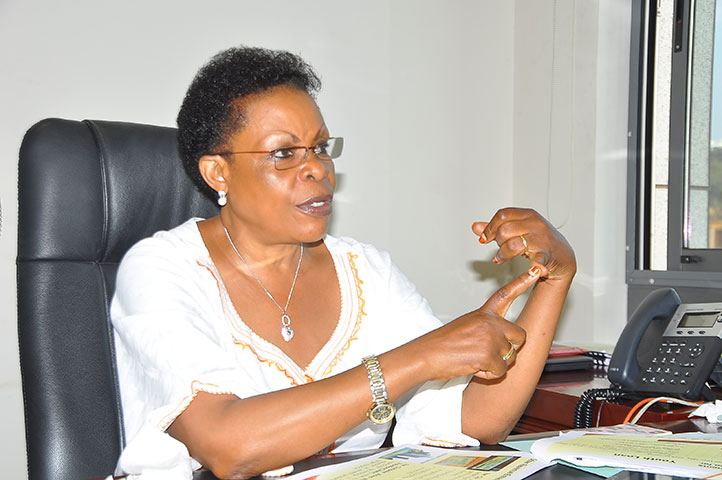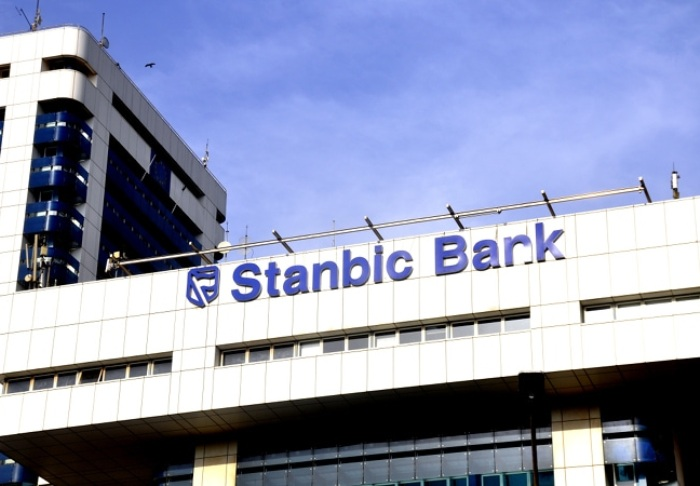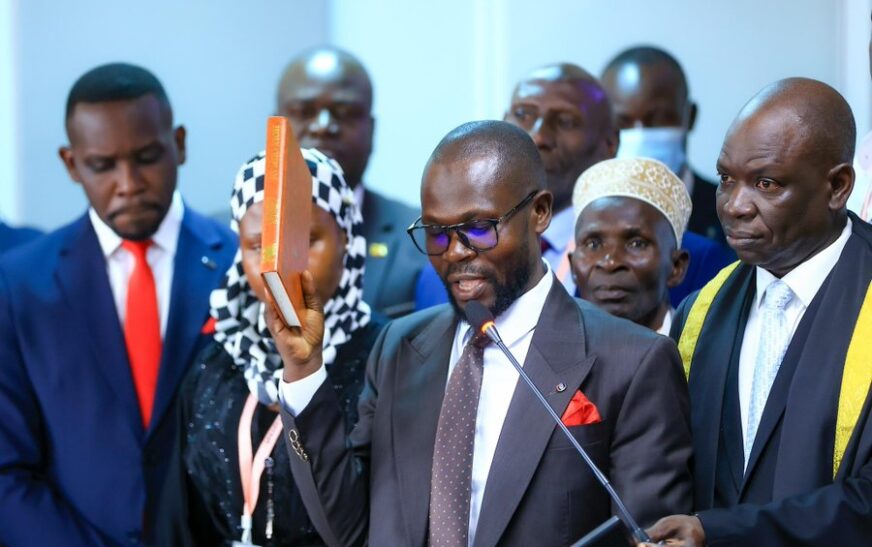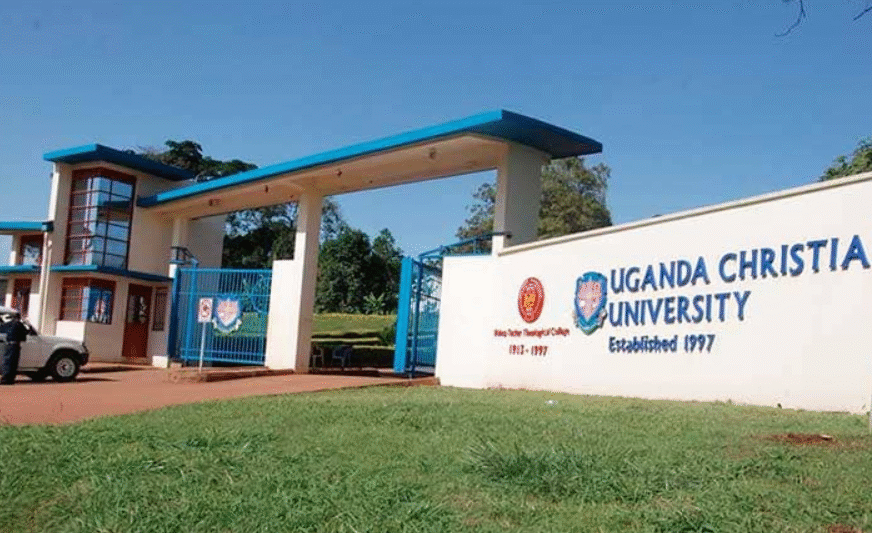The Inspectorate of Government (IG) has appealed to Parliament to allocate additional resources to support the automation of its business processes, procurement of modern investigative equipment, and recruitment of more personnel to strengthen the fight against corruption.
The call was made by Beti Kamya, the Inspector General of Government (IGG), while presenting the IG’s bi-annual performance report for the period July to December 2024 to Parliament.
According to the report, the IG recovered Shs 4.1 billion from corrupt officials during the reporting period, bringing the total recoveries in 2024 to Shs 6.8 billion.
Throughout the year, the IG Registered 3,004 complaints, with 1,347 received in the second half of the year, Sanctioned 2,630 cases for investigation, including 1,193 in the last six months and Investigated 1,024 corruption-related cases, with 552 conducted in the latter half of the year.
Shs 13 billion was recommended for payment to individuals as a result of IG interventions, including Shs 4.8 billion in the July–December period hile Shs 3.2 billion was paid to individuals due to the IG’s ombudsman interventions, with Shs 1.5 billion recovered in the second half of the year
Despite operational challenges, Kamya noted that the IG has made substantial progress in raising public awareness about the cost and consequences of corruption, particularly its effects on governance and economic development.
“To confront the persistent challenge of corruption, the IG will build on ongoing efforts, including citizen mobilization, recovery of illicit assets, and preventive strategies,” Kamya said.
She emphasized that the Inspectorate will enhance its capacity by intensifying asset tracing and recruiting specialized personnel, such as forensic experts, financial analysts, economists, and property valuers.
Kamya also acknowledged the pressing challenges that continue to hinder the IG’s operations, such as limited resources, which slow investigations, weaken enforcement, and reduce overall impact.
“Addressing these limitations is critical to improving operational efficiency, strengthening public accountability, and sustaining the fight against corruption,” she said.





















